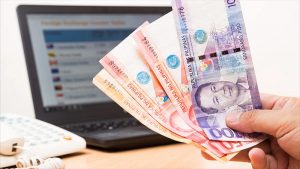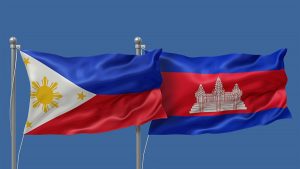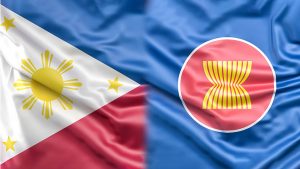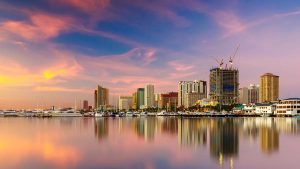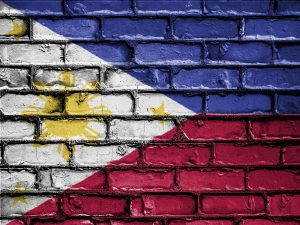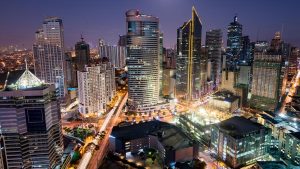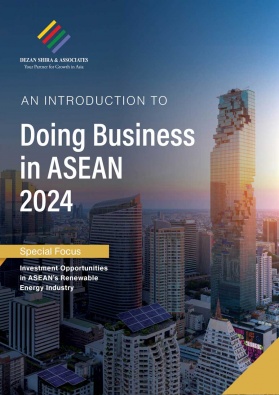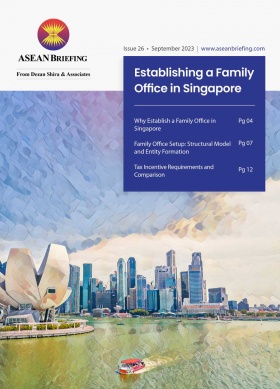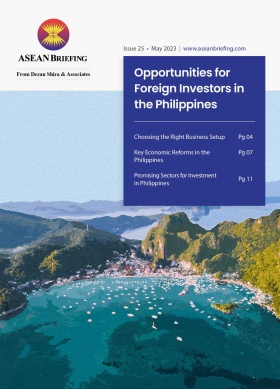Electric Vehicle Imports in the Philippines Benefit from Expanded Zero-Tariff Rates
The Philippines has extended its zero-tariff rates on EV imports, aligning with its commitment to develop a domestic electric vehicle market.
Audit and Compliance in the Philippines: A Guide for Foreign Investors
The Philippines is modernizing its tax administration by simplifying compliance and introducing a ‘file and pay anywhere’ system for enhanced taxpayer convenience.
A Guide to Taxation in the Philippines – Updates for 2024
The Philippines imposes a territorial tax system, meaning only Philippine-sourced income is subject to taxes.
Cambodia and Philippines Conclude Double Taxation Avoidance Agreement
Cambodia and the Philippines have concluded negotiations on a double taxation avoidance agreement that will enable the two countries to mitigate the burden of double taxation on businesses and individuals.
Philippines Passes CREATE MORE Act, Proposing Amendments to Tax Incentives
The CREATE MORE bill makes key amendments and enhancements to the tax regime introduced in the CREATE Act.
Insights into the Philippines’ Standing in the 2024 Emerging Asia Manufacturing Index
The Emerging Asia Manufacturing Index 2024 report published by Dezan Shira & Associates provides insights into the factors that influence the manufacturing sector in emerging Asian countries such as the Philippines.
Philippines Signs Second Protocol of ASEAN-Australia-NZ FTA
The Philippines ratified the Second Protocol of the ASEAN-Australia-New Zealand Free Trade Agreement (AANZFTA).
Philippines Enacts New E-Commerce Regulation
The Philippines government has adopted the Internet Transactions Act of 2023 (ITA), a new law governing the country’s e-commerce industry.
Philippines’ Public Holidays for 2024
ASEAN Briefing outlines the Philippines’ public holidays for 2024.This is a comprehensive list of those holidays.
A Guide to HR Compliance in the Philippines
Expatriate workers and their employers in the Philippines must understand the process of obtaining a work visa and employment permit to legally work in the country.




